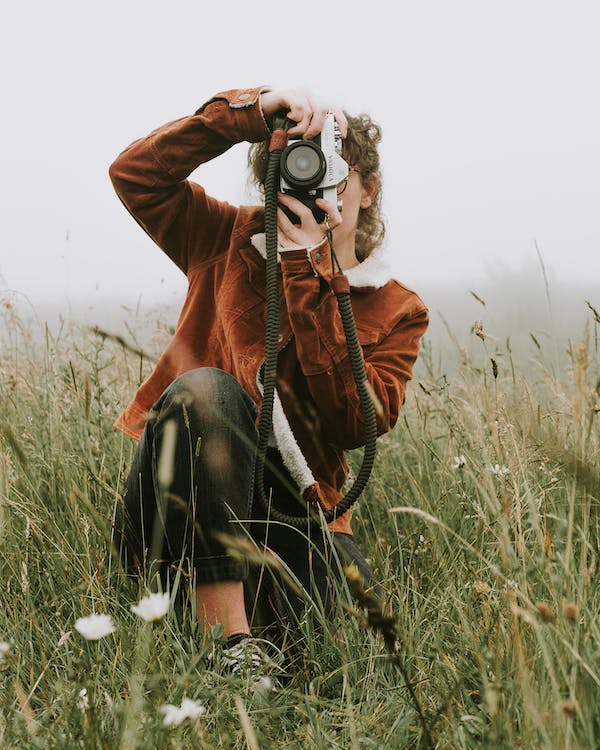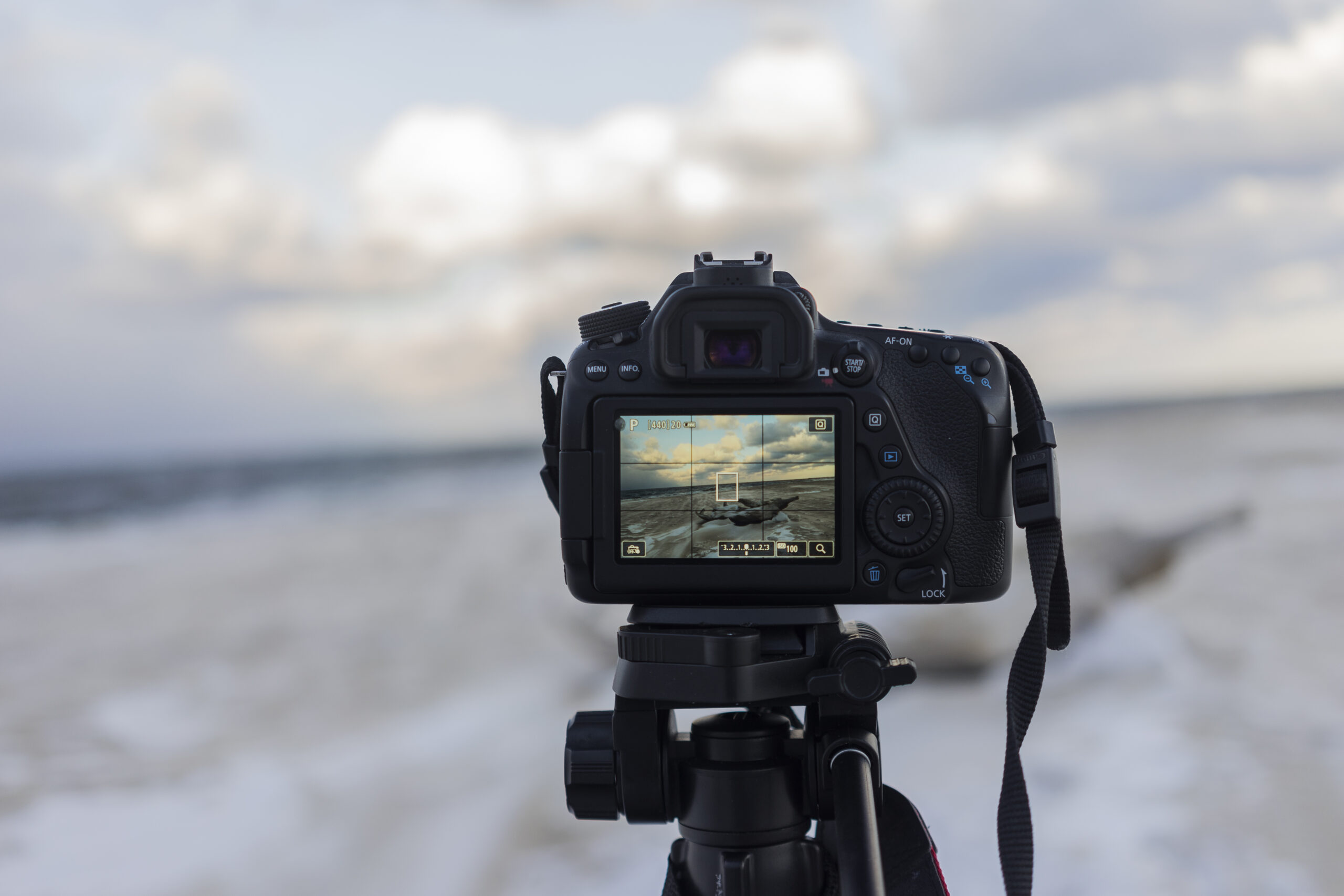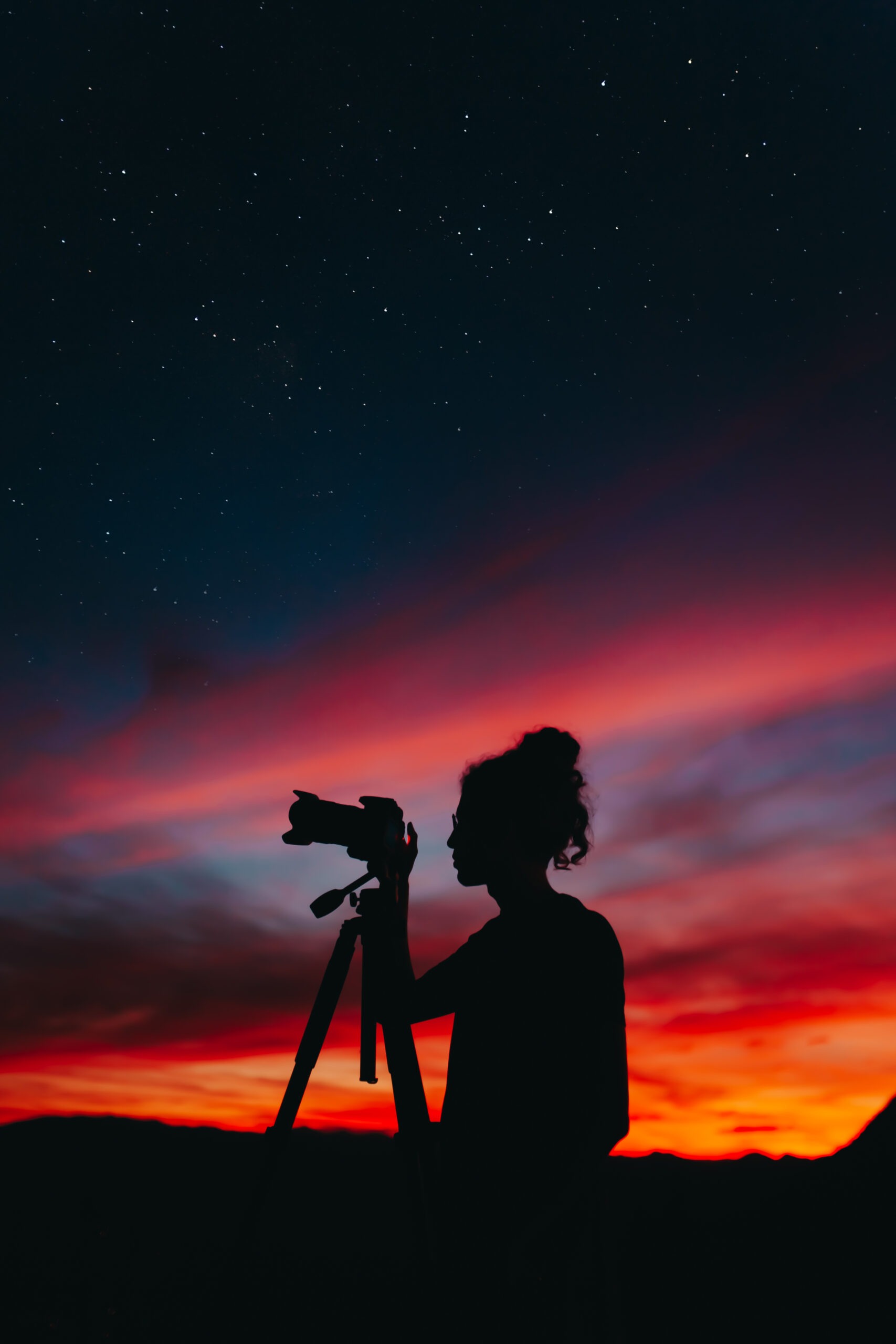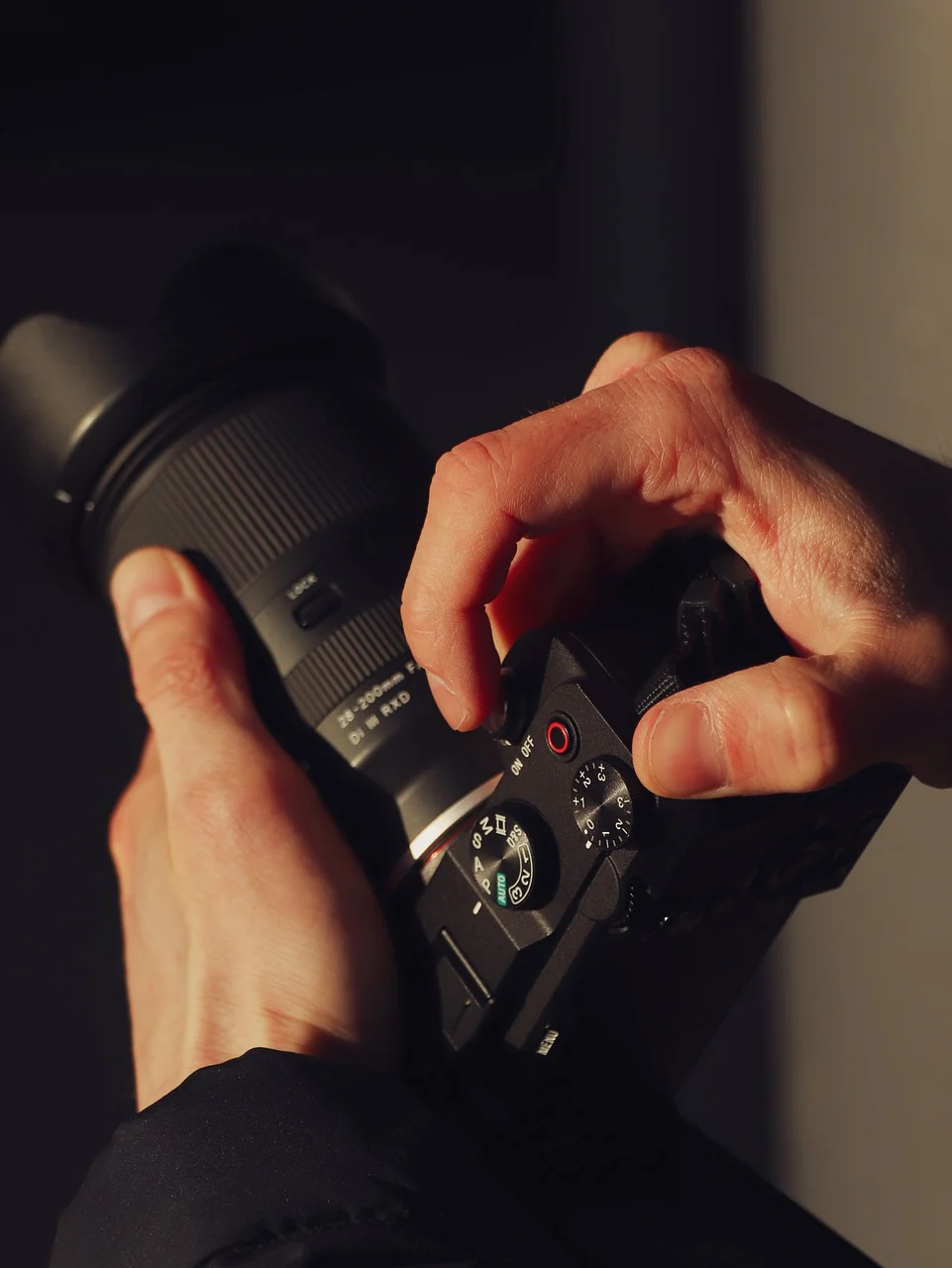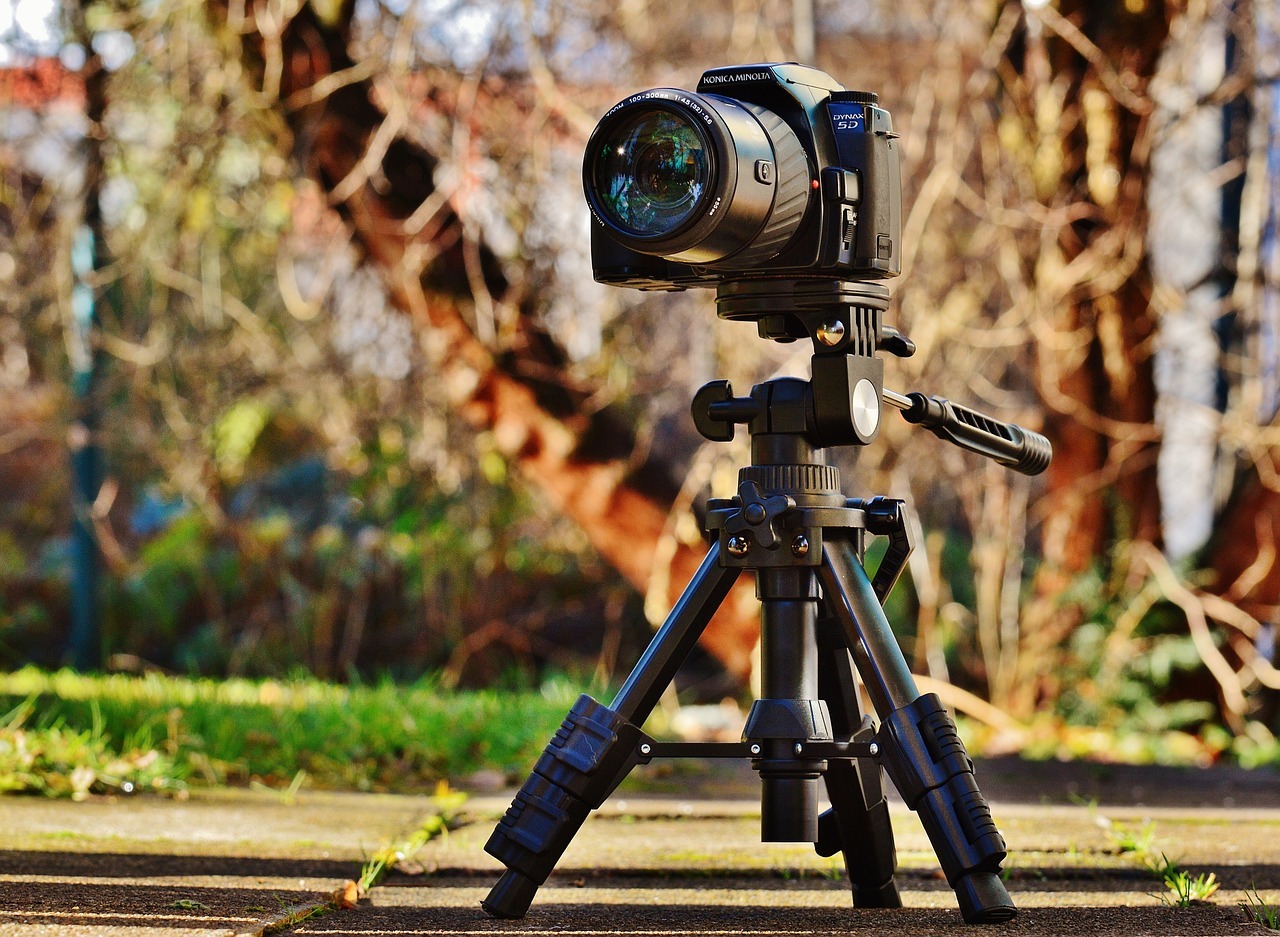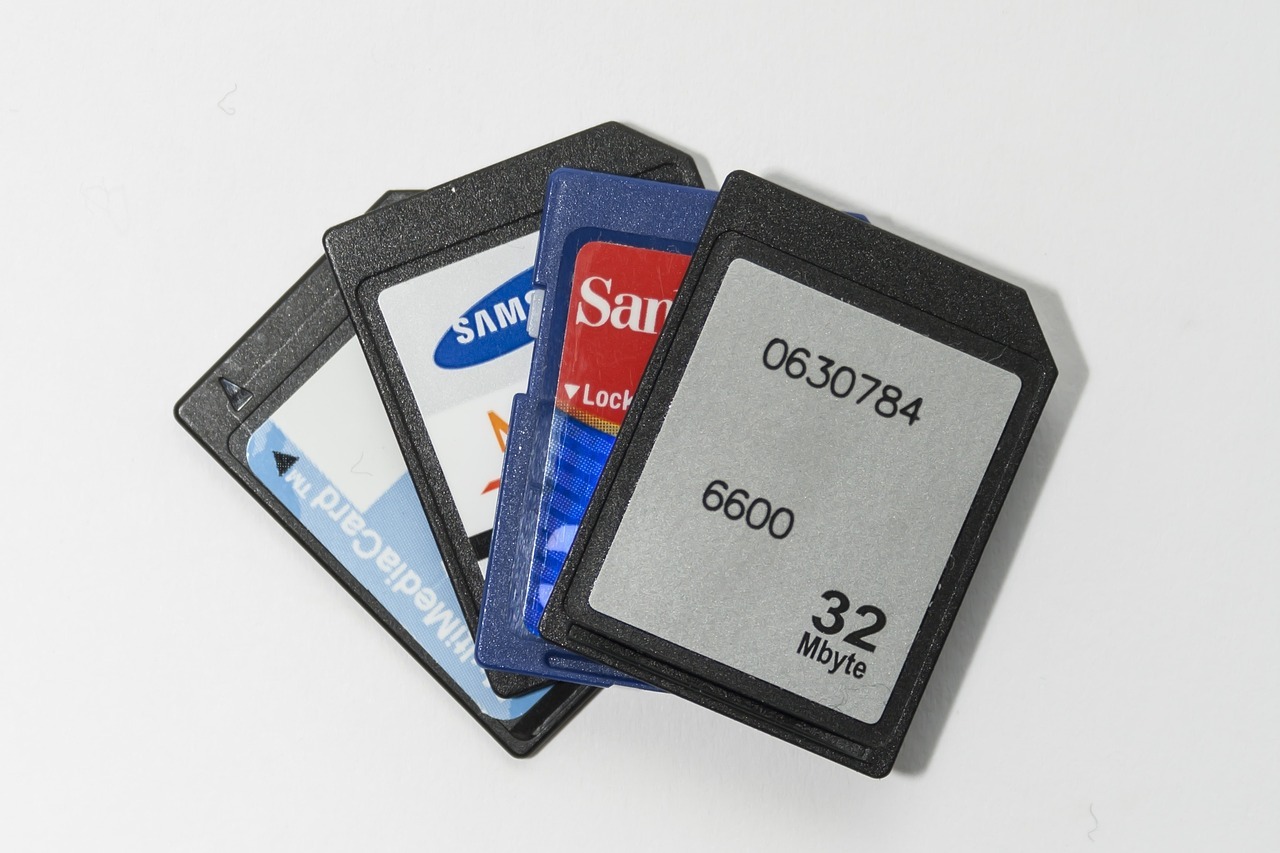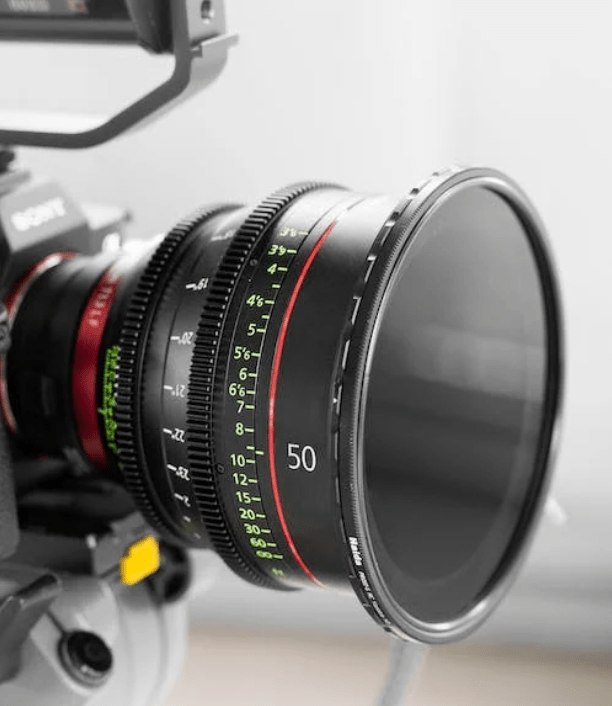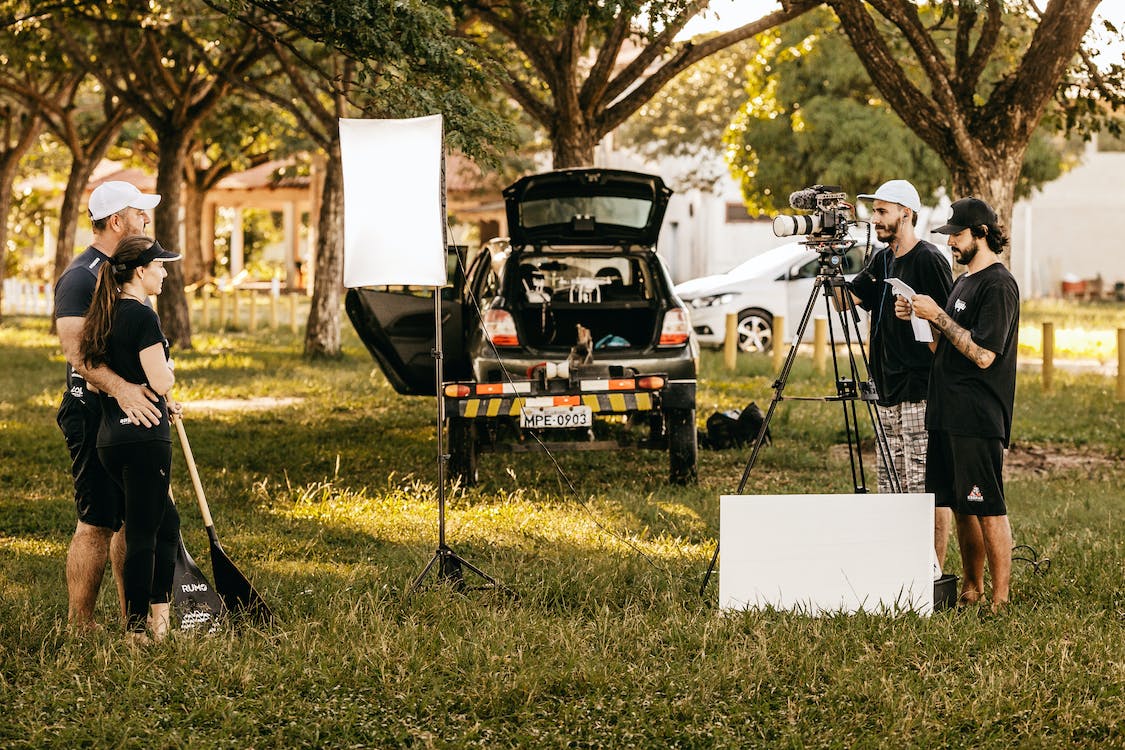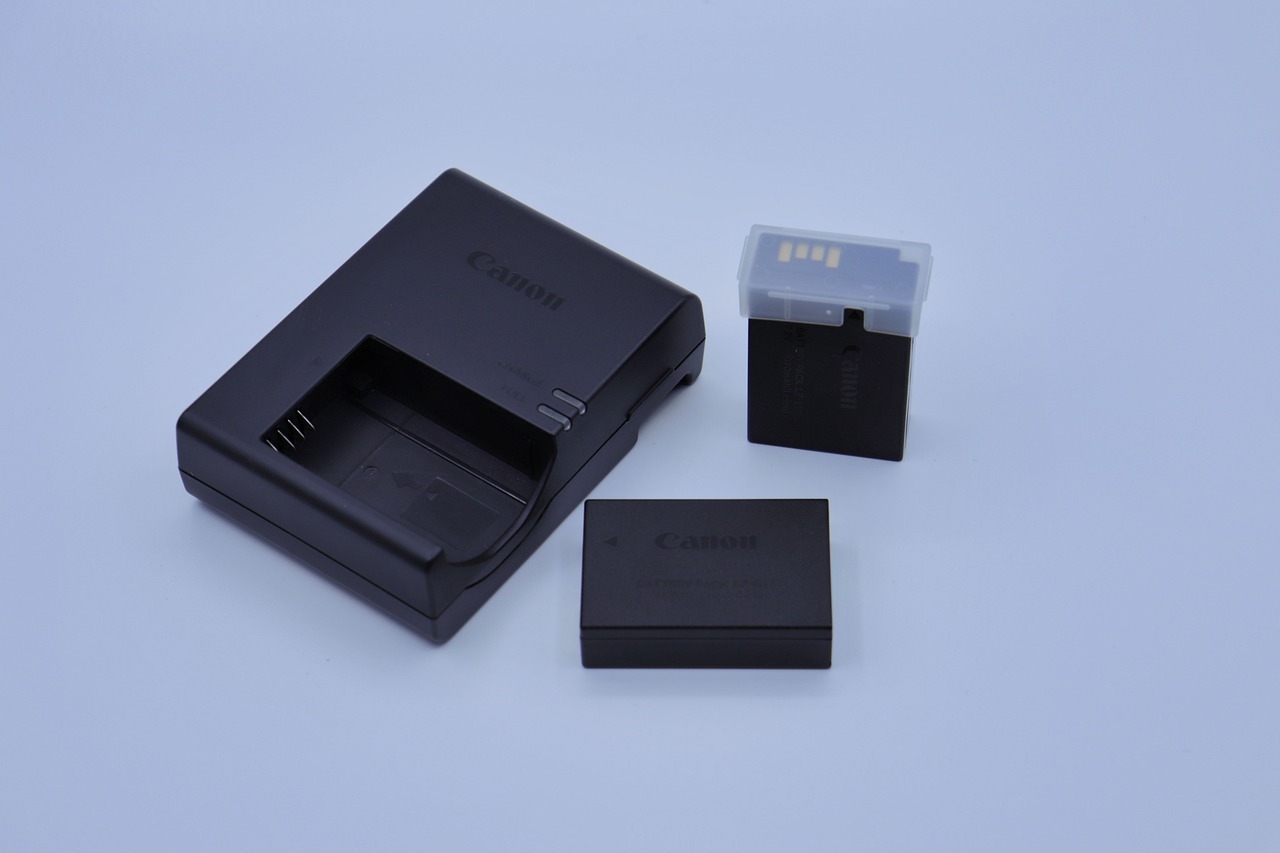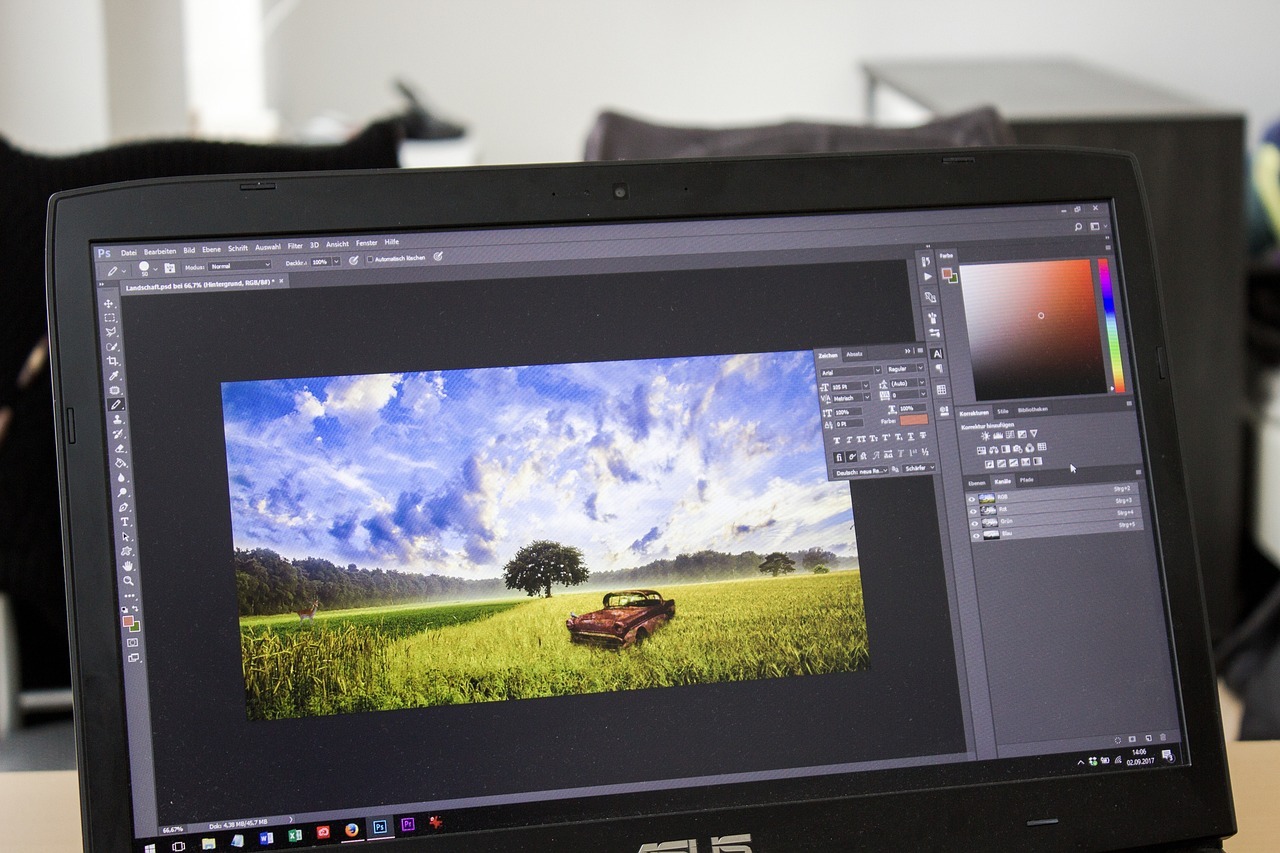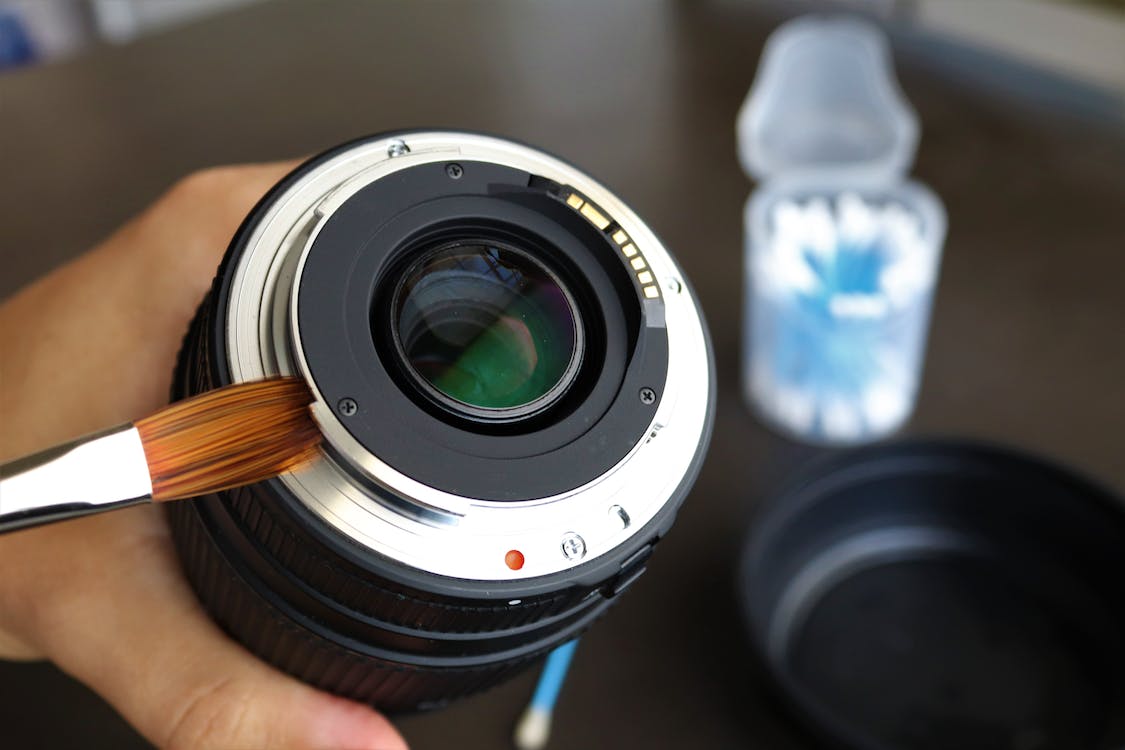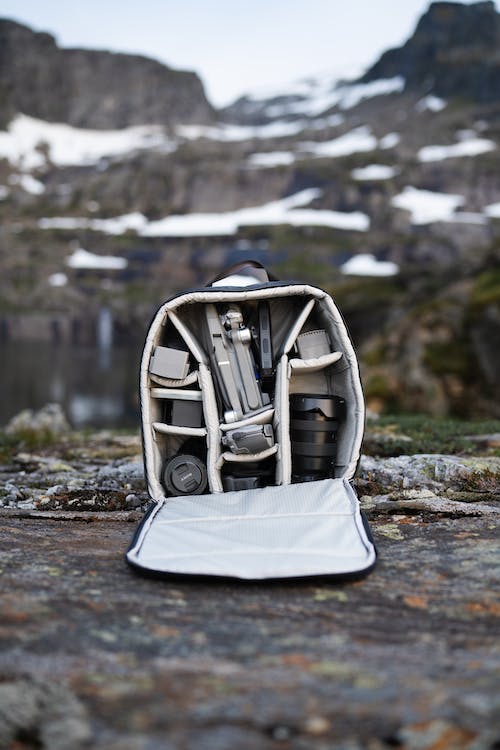Information about people, places, objects, and events may not always be describe by individual through words, and thus photography becomes necessary.
Technically photography is described as the art, application, and practice of creating images by recording light, either electronically by means of an image sensor, or chemically by means of a light-sensitive material such as photographic film.
In photography one uses camera, with camera one can capture meaningful moments with your family and friends. The beauty of photography as a hobby is that it makes you document your life. It allows you to tell stories of yourself with your family to remember for long years to come.
The use of camera can more than be a hobby, it can be a source of income when one is ready, comfortable and confident to show his photographs to the world.
Finding the Best Camera
To find the best camera is to find a camera that will help one achieve its photography goals.
Other say that there is no such thing as “the best camera” because all photographers are different. We all want different things from our cameras.
However one might want to learn some camera basics and explore the art form or one might be looking for a camera for a particular type of photography. Thankfully, there are plenty of cameras for everyone, from portrait photographers to vloggers.
Essential Camera Equipment for Beginners
A photographer at the very least need a camera and lens, but there are also important considerations like software and other accessories. This article will enumerate some of the most necessary and important camera equipment you need for photography.
1. Camera
A good camera is like an extension of your arm. It should be effortless to use, making it as easy as possible to capture the photo you have in mind.
Camera is an optical instrument used to capture and store images or videos, either digitally via an electronic image sensor, or chemically via a light-sensitive material such as photographic film.
Cameras function through a combination of various mechanical components and principles. These include exposure control, which regulates the amount of light reaching the sensor or film; the lens, which focuses the light; the viewfinder, which allows the user to preview the scene; and the film or sensor, which captures the image.
There’s nothing wrong with using the camera you already have, even if it’s a smartphone camera or a point-and-shoot. You can capture excellent photos with any equipment, so long as you know its limits.
2. Lens
Along with a camera, the single most crucial piece of equipment for photography is a lens. In some ways, lenses are even more important than the camera itself, because the lens is what actually focuses the light to reach your camera sensor.
Certain cameras allow you to switch out your lenses. They’re called “interchangeable lens cameras.” You can swap a portrait lens for a huge, expensive sports lens, using the same camera. This is a major benefit, making your system far more flexible for different types of photography.
Some photographers use kit lenses which come bundled with many cameras. Other photographers buy their cameras and lenses separately. Either way, you definitely need to purchase a lens.
There are three lenses recommend for starters:
- A kit lens that zooms, such as a 14-42mm, 16-50mm, 18-50mm, 18-55mm, or 18-105mm lens. These are inexpensive lenses that offer a lot of versatility, which gives you a good idea of what specialty lenses to buy in the future. They’re also higher in quality than they sometimes get credit for.
- A prime lens that doesn’t zoom, such as a 25mm f/1.8, a 35mm f/1.8, or a 50mm f/1.8 lens, which are especially good for portraits and people photos with a “shallow focus” effect.
- A telephoto zoom lens, such as a 55-200mm. This type of lens lets you photograph distant objects like wildlife or sports, although not all photographers will need that capability at firs
3. Tripod
Tripods are essential for getting steady shots when shooting at a slow shutter speed/long exposure.
They are also extremely useful for shooting self-portraits, still life, flat lay, and studio work. It is recommend to use a tripod and arm for flat lay photos.
Just like many other photo equipment tripods can range in price. This is another investment where it is recommend to avoid the cheap route.
A cheap flimsy tripod can result in a broken camera and lens which would ultimately cost you way more. So, be sure to research and evaluate your needs for a tripod, the weight of your camera, and how much weight your tripod and tripod accessories will need to support.
4. Memory Cards
Without a memory card, you can’t take pictures – so a decent set of memory cards is an absolute requirement for the beginner photographer.
Memory cards are where your photos are immediately stored after capture. They are essential at all times unless you are tethering directly to a computer.
Memory cards have become so much more affordable it is recommended to purchase at least 3-5 memory cards that are at least 32 GB or 64 GB to prevent needing to constantly swap out cards during a shoot.
5. Filters
Filters go directly in front of the lens which alters the light your camera captures. They’re an important part of photography. There are four main types of filters that are relevant in digital photography.
Clear filters are transparent filters that protect your lens. Good clear filters are more expensive, but bad clear filters might harm your photo quality significantly. Clear filters are also known as UV or Haze filters.
Polarizing filters are crucial for many photographers. These filters darken the blue sky, and they decrease certain reflections in an image. If you photograph plants or water, polarizing filters are very useful, and highly recommended.
Neutral density filters reduce the overall amount of light that reaches your camera sensor — they’re essentially just darkened pieces of glass. You should use them if you want extra motion blur in your photos, such as smoothing out waterfalls, or if you’re trying to do flash photography in bright conditions.
Neutral density graduated filters transition smoothly in a gradient from dark to clear. This is useful if you need to darken a portion of your photo selectively (like the sky), while leaving the rest of the photo unaffected.
6. Reflectors
Reflectors allow you to bounce and reflect light. You can use a variety of objects for this purpose such as foil and poster boards.
An inexpensive yet important addition to the Essential Camera Equipment for Beginners- a reflector is used to direct supplementary light into the frame.
7. Batteries
It’s never worth it to lose a good photo because your battery is dead, no matter the reason. So, get at least one backup battery — and more if you find that two isn’t enough.
Batteries are handy to have around. These batteries can be used to keep other tools in working order – so you can shoot all day without missing a beat.
8. Editing software
There are many popular options for editing software for photo. Editing software not only allows you to edit your photos but also offers a great system for organizing your images.
All of these editing software are well-respected, professional products, and you can’t go wrong. The important thing is to stick with the piece of software you pick whenever possible, since you’ll be able to learn it in-depth over time. That way, you’re familiar with how to make your photo match your intended appearance.
9. Cleaning Supplies
Camera upkeep may not be the most glamorous part of a photographer’s responsibilities, but keeping your camera clean ultimately saves both time and money. Cameras are sensitive pieces of equipment, so any dirt or grime buildup left untreated can be problematic.
10. Camera Bag
Protect your equipment from different types of damage by investing in a good camera bag. Not only will this protect your equipment it will help you stay organized and appear professional because you won’t be fumbling with all your goals and gadgets all the time.
The choice of equipment you use all boils down to your budget, preferences, and the type of photography you want to do.

